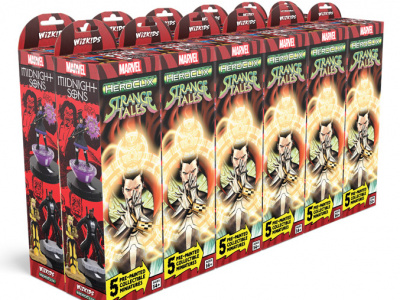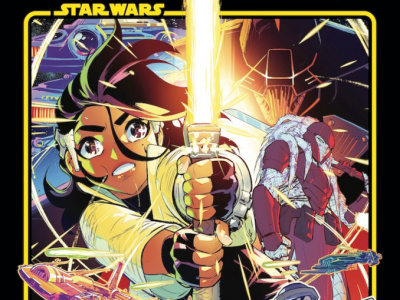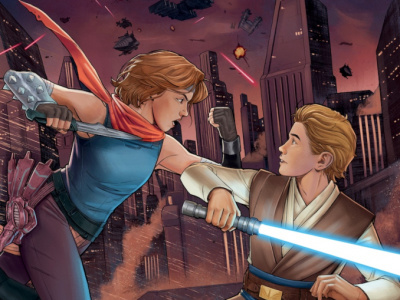Two of this year's most important films for pop culture retailers open two weeks apart in May. First comes Sony's Spider-Man on May 3, followed by Star Wars Episode II on May 16. The two films have marketing strategies that are diametrically opposed, but which just might work out for the best in each case. Lucasfilm has decided to forgo almost all of the high profile joint promotional campaigns for its new Star Wars film while Sony is busy trying to line up as many promotional partners as possible.
The reasoning behind Lucasfilm's eschewing of promotional aid for Episode II is the perception that Episode I was 'over-hyped' and over-merchandised. The excitement over the revival of the Star Wars franchise was sufficient without the never-ending wave of promotional tie-ins for soda, fast food, and potato chips. In the view of many inside and outside of the Lucas inner circle, the sheer weight of the promotions tarnished the image of the Star Wars property and led to the perception that in spite of its $400 million plus at the box office, the film still didn't match the hype and was a commercial and artistic disappointment. So this time around the concept is 'let the film stand on its own.' Except for some minor deals with Frito-Lay and General Mills, which may or may not include any TV advertising, Lucasfilm appears to be willing to turn its back on a number of potentially huge (and quite possibly counterproductive) joint merchandising opportunities.
Sony is pursuing the opposite tack to alert the public to its new Spider-Man film. This is, after all, the web slinger's first major foray on the big screen. Sony has deals with Cadbury, Dr. Pepper, and Nokia (product placement) firmly in place. Originally the studio had hoped for up to $40 million in free TV advertising based on a deal with Pepsi-Tricon (Colonel Sanders, Taco Bell, Frito Lay), but apparently Lucasfilm poisoned the well with Episode I. It appears that Lucasfilm was not the only partner in that promotion that felt injured by the mega blitz of free promo. Citing disappointment with its enormous Star Wars campaign, Tricon backed out of discussions with Sony leaving the studio no choice but to partner with second tier fast food chains Hardees and Carl's Jr.. While TV advertising for films can be effective (that's why we are seeing so many ads for DVD and video releases), the kind of joint-promotions in which elements from the film are combined with a commercial message for a product have proven to be less effective than straight commercials touting either the film or the potato chip. With interest in blockbuster films at an all time (note how many different TV programs report the weekend box office grosses), and a strong core audience for any major Spider-Man film, Sony should be able to get the word out without the help of Pepsi-Cola. The only problem for Spidey fans could be that they will have to woof down one of those wretched 'faux' $6.95 'restaurant' burgers at Hardees in order to get their Spider-Man tschotchke. 






